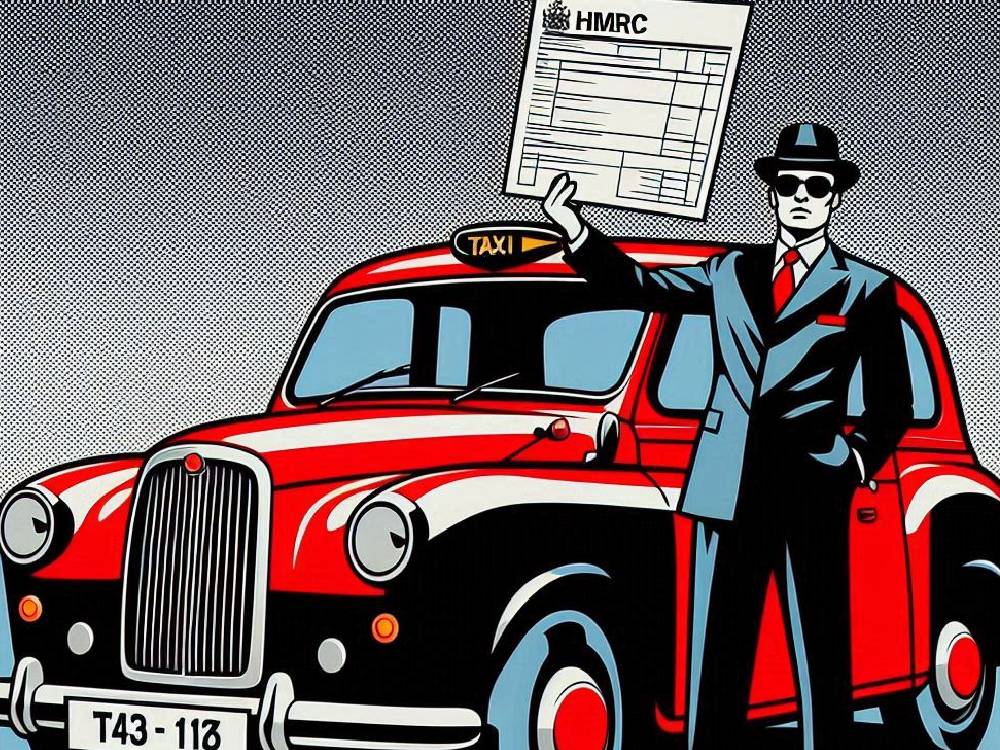Introduction
Rising Taxi insurance costs are swiftly becoming a formidable challenge for taxi drivers across the UK.
As premiums climb, the ripple effects are starting to surge through the entire taxi industry, potentially escalating fares for passengers nationwide.
In this article, we will delve into several critical aspects:
Firstly, we’ll examine the significant rise in insurance premiums for UK taxi drivers.
Secondly, we’ll discuss the potential for increased fares as drivers inevitably pass these rising costs onto consumers.
Lastly, we’ll explore the key economic factors fuelling the spike in insurance expenses.
Overview Of The UK Taxi Industry’s Current Challenges
The UK taxi industry is currently under financial pressure unlike any seen in recent years.
As insurance premiums for licensed taxis soar, concerns grow over the sustainability of current fare rates.
Traditionally, taxi insurance costs have been a manageable overhead, but recent spikes are setting alarms ringing.
For instance, average insurance rates have jumped from £1,050 to £1,860 in some cases, despite no claims histories—an increase that not only stresses drivers but also forecasts potential fare increases for passengers.
So, what does this mean for the average taxi operator? Explore more on taxi insurance options.
Real Stories Of Rising Taxi Insurance From Taxi Operators
Personal accounts from the field paint a vivid picture of the challenges faced.
John, a taxi operator from Manchester, shares his frustration, “Last year, I paid around £1,200 for my premium. This year, it’s nearly £1,800, and I haven’t even filed a claim!”
Similar stories echo across the UK, from London to Glasgow, where taxi operators face mounting costs, pushing them to reconsider their pricing strategies just to stay afloat.
And what are the broader implications of these personal hardships?
Learn about managing costs in 5 ways to save money.
The Impact Of Rising Taxi Insurance Costs On Operational Expenses
The direct impact of these escalating insurance premiums is significant.
For many taxi operators, higher insurance costs mean less profit at the end of the month.
This squeeze on earnings isn’t just about numbers—it’s about the livelihoods of thousands of drivers and their families.
As operational costs climb, the thin profit margins that many taxi drivers rely on are becoming thinner, forcing some to increase working hours or cut back on other essential expenses.
But what are the driving forces behind these rising costs?
Discover more about insurance calculations at How do insurers calculate Taxi insurance?
Economic Factors Contributing To Rising Taxi Insurance
Several macroeconomic factors are driving these increases.
High inflation rates have escalated repair and replacement costs for vehicles, which in turn influence insurance premiums.
Moreover, the insurance sector itself has been hit hard, with many insurers adjusting their rates to counterbalance higher claim frequencies and more expensive claims payouts.
This cocktail of rising costs and economic pressure points to a sustained period of financial adjustment for the industry.
Can history shed light on today’s challenges?
Comparison With Historical Insurance Rates
Looking back over the past decade, the trend is clear: insurance costs for taxi drivers are rising at an unprecedented rate.
A decade ago, the average insurance premium hovered around £800; today, figures nearing £2,000 are becoming the new normal.
This steep incline in costs not only highlights the current economic volatility but also underscores the urgent need for strategic planning and intervention within the sector.
How will this affect future pricing and service quality in the taxi industry?
For insights on navigating car insurance hikes, check out Navigating car insurance costs.
Potential Effects On Taxi Fares And Consumer Costs
As insurance costs soar, taxi operators are left with few options but to pass these expenses on to their passengers.
This shift could significantly increase fare prices, affecting daily commuters and those reliant on taxi services for mobility.
But what does this mean for your daily travel budget?
Explore further at How to navigate rising fares in the UK.
Regulatory And Industry Response
In response to the surging Taxi insurance costs, there’s a growing call for regulatory intervention.
Could there be a cap on insurance premiums?
What role can government policy play in easing the financial burden on taxi operators?
And here’s the kicker
Learn more about the industry’s regulatory landscape at Understanding the regulations for taxi drivers.
Advice For Taxi Operators On Managing Costs
Amidst rising costs, it’s crucial for taxi operators to find effective ways to manage expenses.
Revising service routes, optimising fuel consumption, and exploring more competitive insurance options are strategies that can help.
Joining forces with taxi associations may provide collective bargaining power when negotiating insurance rates.
Now, consider this:
For practical tips on cost management, see Young drivers’ tips to save on costs.
Conclusion
The surge in taxi insurance costs is more than a financial issue; it’s a matter that could reshape the UK’s public transport landscape.
As taxi drivers grapple with these changes, the ripple effects will likely touch every corner of the industry, from fare adjustments to regulatory reforms.
What’s next for taxi drivers and consumers navigating these changes?
For further reading on navigating these turbulent times, explore our blog on Understanding The New UK Law For Taxi Drivers,
and don’t miss our guide to The essential guide to car insurance in the UK.













